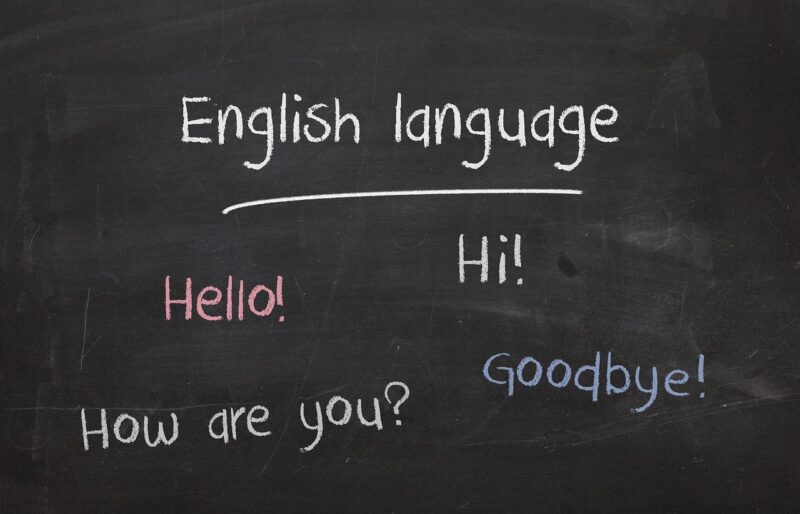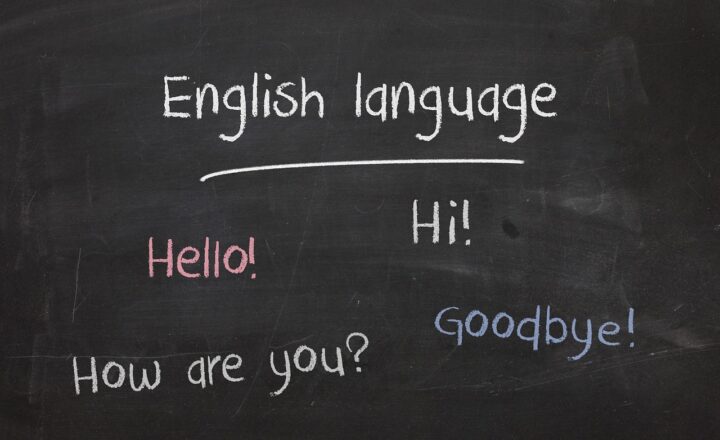How Learning Languages Can Help You Build Cultural Awareness
November 11, 2024

In today’s globalized world, cultural awareness has become more critical than ever. With diverse cultures interconnected through travel, commerce, and the internet, understanding and appreciating different cultural perspectives can enhance our personal and professional lives. One of the most effective ways to build cultural awareness is through language learning. This article explores how acquiring new languages can shape your understanding of different cultures, broaden your horizons, and foster connections across the globe.
1. The Connection Between Language and Culture
Language is much more than just a tool for communication; it’s an embodiment of culture. Every language carries unique idioms, phrases, and expressions that reflect the values, thoughts, and behaviors of the people who speak it. When you learn a new language, you’re not only learning to speak; you’re immersing yourself in the way that community views the world. Languages offer insights into cultural norms, traditions, and historical contexts that shape identities and social interactions.
For example, Japanese has expressions that reflect the culture’s emphasis on respect and politeness, like the use of the honorific prefix “-san.” Understanding this aspect of the language fosters an appreciation of Japanese values and social structures.
2. Expanding Your Worldview Through Language Learning
When you learn a new language, you often encounter diverse perspectives and ideas. Each language comes with its worldview, shaped by the culture of its speakers. This cultural lens can reshape how you think and respond to situations, enhancing your adaptability in various contexts.
Here are a few ways learning languages can broaden your worldview:
- Increased Empathy: Understanding another language allows you to appreciate emotions and experiences different from your own, thereby enhancing your ability to empathize with others.
- Cognitive Flexibility: Bilingual or multilingual individuals often exhibit greater cognitive flexibility, essential for navigating various cultural contexts successfully.
- Enhanced Critical Thinking: When engaged with new languages, you challenge your preconceptions and engage in critical thinking about different cultures and practices.
Through these avenues, language learners develop a deeper understanding of diversity, which fosters tolerance and unity in an increasingly global society.
3. Building Relationships Across Cultures
One of the most rewarding aspects of learning a language is the ability to communicate effectively with speakers of that language. Building relationships across cultures leads to mutual respect and understanding. Here’s how language learning helps in building relationships:
- Breaking Barriers: Speaking the same language as someone else can break down social and professional barriers. It fosters openness, leading to richer interpersonal interactions.
- Creating Deeper Connections: Language learners are often welcomed into communities that may otherwise remain inaccessible due to language barriers, allowing for meaningful connections to form.
- Networking Opportunities: In a professional context, speaking multiple languages can open career opportunities and broaden your professional network, especially in multinational companies and industries dealing with international clients.
By learning the language, you show respect for the culture and people associated with it, significantly enhancing your connections.
4. Cultural Nuances and Idioms
Languages are rich with idioms and expressions that may not have direct translations into other languages. These phrases often carry deep cultural meanings. Learning these nuances can deepen your understanding of cultural sentiments and humor.
For example, Spanish has the phrase “más vale tarde que nunca,” which translates to “better late than never.” This expression reflects a cultural attitude that values effort and intention over punctuality. Gaining insights into phrases like this can enrich your conversations and help you navigate social settings in other cultures with finesse.
Additionally, being aware of local customs and norms associated with language can prevent misunderstandings and cultural faux pas, demonstrating your respect for their traditions.
5. Language Learning and Global Citizenship
In the context of an interconnected world, being a global citizen means embracing cultural diversity. Learning languages is a pivotal step in becoming a global citizen. It equips you to participate in global conversations, understand international issues, and advocate for equality.
As a global citizen, your perspectives are not limited to your cultural background. Instead, you can appreciate the interconnectedness of human experiences. This ability fosters a sense of community and collaboration even across borders. By learning languages, you become not just a participant but an advocate for cultural diversity and inclusivity.
6. Practical Tips for Language Learning
If you’re inspired to start learning a new language, here are some practical tips:
- Set Clear Goals: Define what you want to achieve, whether it’s conversational fluency or reading proficiency.
- Immerse Yourself: Try to surround yourself with the language through podcasts, movies, and conversations with native speakers.
- Practice Regularly: Consistency is key. Dedicate time each week to enhance your skills and review vocabulary.
- Use Language Apps: Consider apps like Duolingo or Rosetta Stone to help build your vocabulary and comprehension through interactive lessons.
- Join Language Exchange Communities: Engage in conversations with native speakers looking to learn your language; this fosters mutual learning and cultural exchange.
By immersing yourself in the language and culture, your journey becomes not only about learning words but also about understanding the people behind them.
Conclusion
In an increasingly interconnected world, building cultural awareness through language learning is not only enriching but essential. By learning new languages, you gain a deeper understanding of different cultures, forge invaluable relationships, and develop a global perspective that enables you to engage with diverse communities.
Whether you’re a seasoned polyglot or a curious beginner, remember that each new language you learn opens the door to new ways of thinking and viewing the world. Make the commitment to explore languages, and in turn, explore the rich tapestry of human cultures that bind us together.








